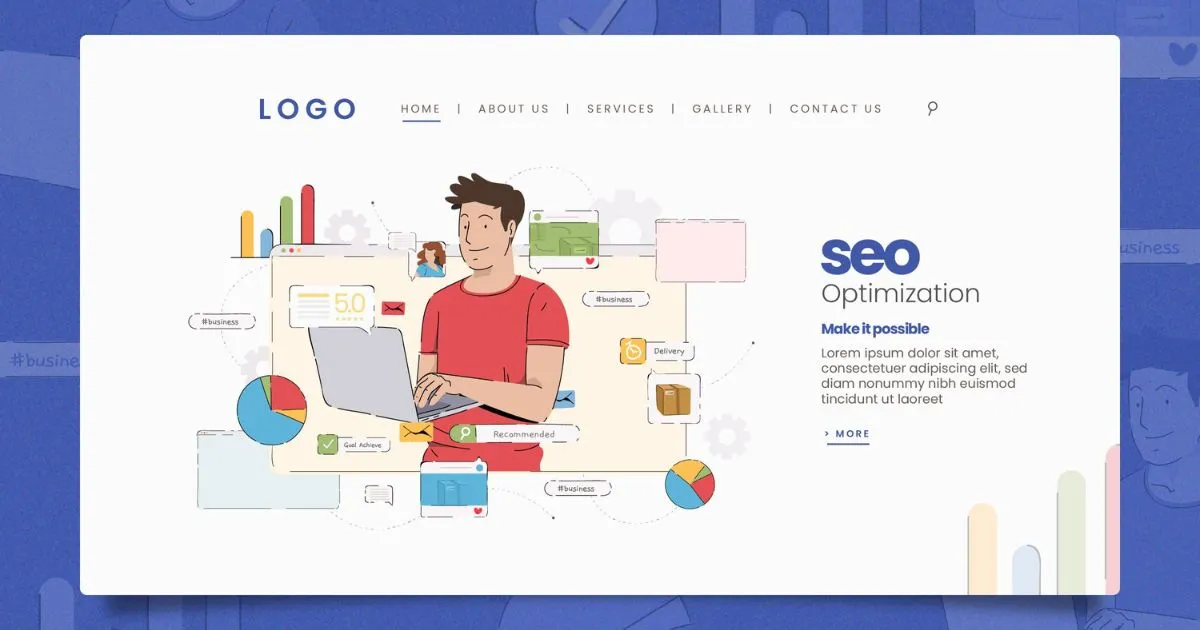For decades, buying a car meant visiting multiple dealerships, test-driving in person, and sitting through hours of financing negotiations. Today, Artificial Intelligence (AI) is rewriting that playbook. From virtual showrooms where customers explore cars from their living room to AI-driven financing platforms that tailor payment plans, the auto retail industry is experiencing a seismic shift.
Consumer demand for convenience, personalization, and transparency has prompted auto dealers and manufacturers to adopt AI on a large scale. The result? Faster buying funnels, better financing experiences, and fewer abandoned sales.
This blog explores how AI is transforming the car-buying journey and what works best for dealers embracing this digital revolution. (How to Track AI Overviews for Your Website?)
The Traditional Car Buying Journey (and Its Pain Points)
-
Multiple dealership visits — time-consuming for buyers.
-
Limited information — relying on sales reps for specs & financing details.
-
Lengthy financing process — paperwork-heavy, often confusing.
-
Low transparency — consumers are skeptical about pricing and hidden fees.
These pain points create friction, leading to lost sales opportunities. AI offers solutions to streamline and personalize the process.
Virtual Showrooms: The AI-Powered Shopping Experience
1. Immersive 3D Car Exploration
AI-powered virtual showrooms allow buyers to view cars in 360 degrees, customize features (color, trim, wheels), and even simulate driving experiences all online.
Example: Mercedes-Benz and BMW use AI-powered VR/AR showrooms to showcase new models without requiring in-person visits.
2. AI Chatbots as Virtual Sales Assistants
AI chatbots guide customers through the buying process, answering questions about specs, availability, or financing instantly reducing the need for human reps at early stages.
3. Personalized Recommendations
AI analyzes browsing behavior and preferences to suggest models within the buyer’s budget and lifestyle needs.
Case Study: Hyundai’s AI-driven “Click to Buy” platform increased conversion rates by 15% after introducing virtual assistants and personalized model suggestions.
Personalized Financing: AI in Auto Lending
1. Smarter Credit Assessment
Traditional credit checks often reject worthy buyers or approve unsuitable loans. AI-driven systems use alternative data (employment, spending patterns, even subscription history) to create more accurate profiles.
2. Real-Time Financing Offers
AI platforms instantly generate financing options tailored to the customer’s credit profile and preferred payment terms cutting weeks off the approval process. (AI food waste reduction)
3. Predictive Affordability Analysis
AI models predict a buyer’s long-term affordability by analyzing broader financial health, reducing the risk of loan defaults.
Example: Capital One and AutoFi leverage AI to offer instant, customized financing that integrates seamlessly into dealership websites.
AI-Driven Buying Funnels: What Works for Dealers
1. Reducing Drop-Off with Personalization
AI keeps buyers engaged by offering hyper-personalized experiences:
-
Car suggestions based on lifestyle (family vs. commuter vs. luxury).
-
Tailored financing plans based on real-time credit scoring.
2. Integration with Dealer CRMs
AI integrates with Customer Relationship Management systems to track buyer journeys, send personalized follow-ups, and optimize lead nurturing.
3. Predictive Inventory Management
By analyzing consumer demand, AI helps dealerships stock cars more strategically, ensuring buyers find what they want without long wait times.
Case Example: A US auto dealer implemented AI-driven lead scoring and saw a 22% increase in closed deals.
Benefits of AI in Car Buying
For Consumers
-
Convenience: Buy cars online without dealership pressure.
-
Transparency: Clear pricing, customized financing.
-
Confidence: Virtual test drives and accurate affordability analysis.
For Dealers
-
Higher conversion rates.
-
Reduced customer acquisition costs.
-
Data-driven inventory and financing strategies.
Challenges & Considerations
-
Data Privacy: Collecting and analyzing consumer financial and behavioral data raises privacy issues.
-
AI Bias: Risk of unfair loan assessments if models are trained on biased data.
-
Dealer Training: Sales staff must adapt to AI-assisted workflows.
-
Technology Costs: Smaller dealerships may struggle with initial investment.
The Future of AI in Car Buying
-
Fully Automated Online Purchases: End-to-end car buying with AI handling specs, financing, and delivery.
-
Blockchain + AI Financing: Transparent, fraud-proof loan agreements.
-
Voice & AR Showrooms: Conversational AI guiding buyers through immersive AR car experiences.
-
Predictive Maintenance Packages: AI recommending service add-ons during purchase for long-term customer retention.
Conclusion
Car buying is no longer defined by dealership visits and endless paperwork. With AI, buyers can explore cars in virtual showrooms, receive personalized financing offers in real time, and enjoy a smoother, more transparent buying journey.
For dealers, AI is not just a technology upgrade it’s a strategic necessity to remain competitive in a rapidly evolving market.
The message is clear: AI isn’t replacing the human touch in car sales it’s enhancing it.






